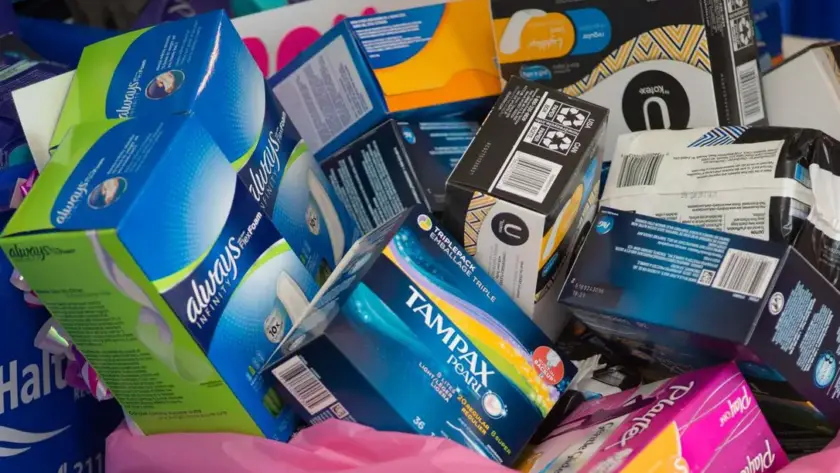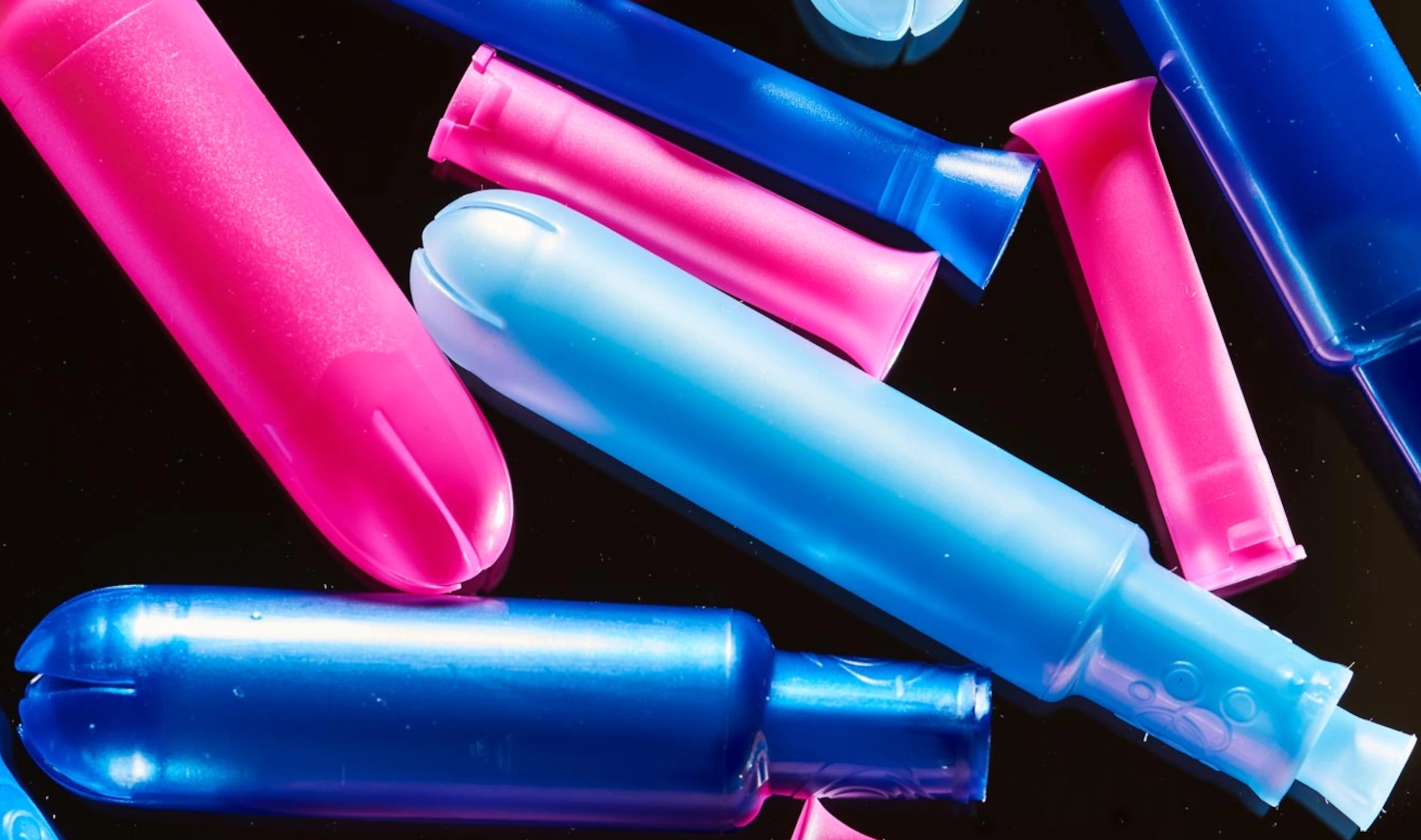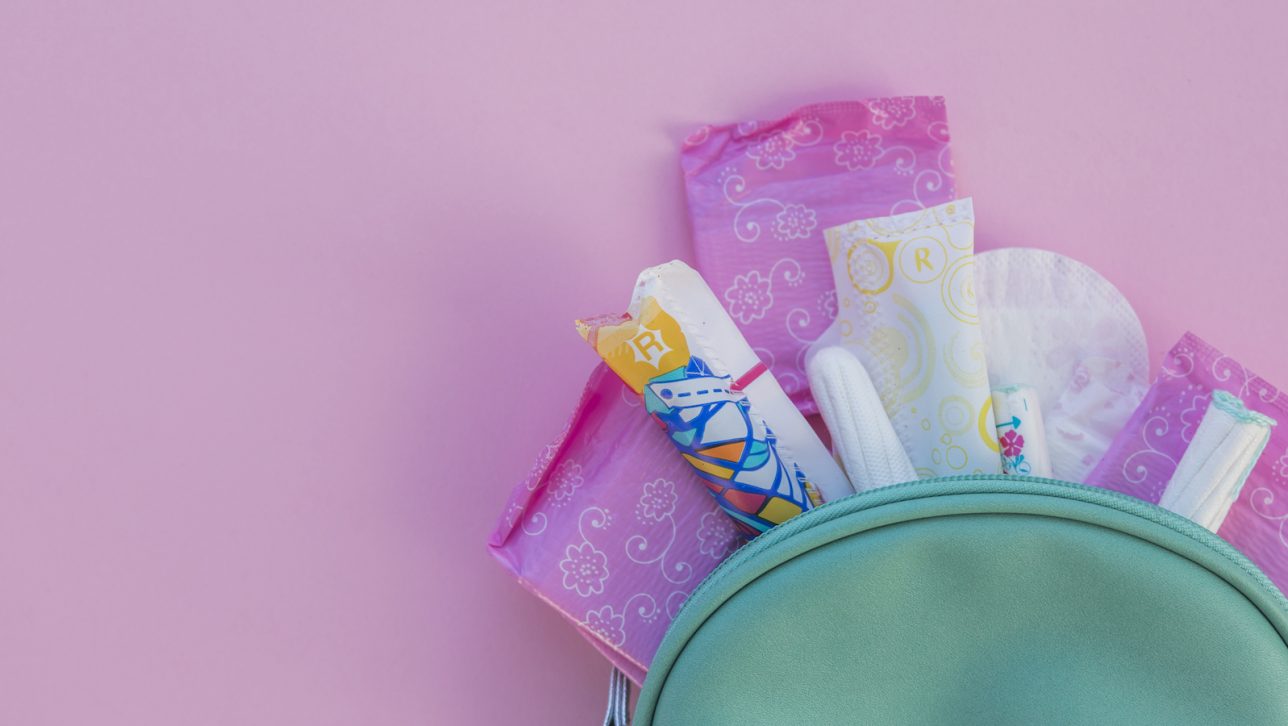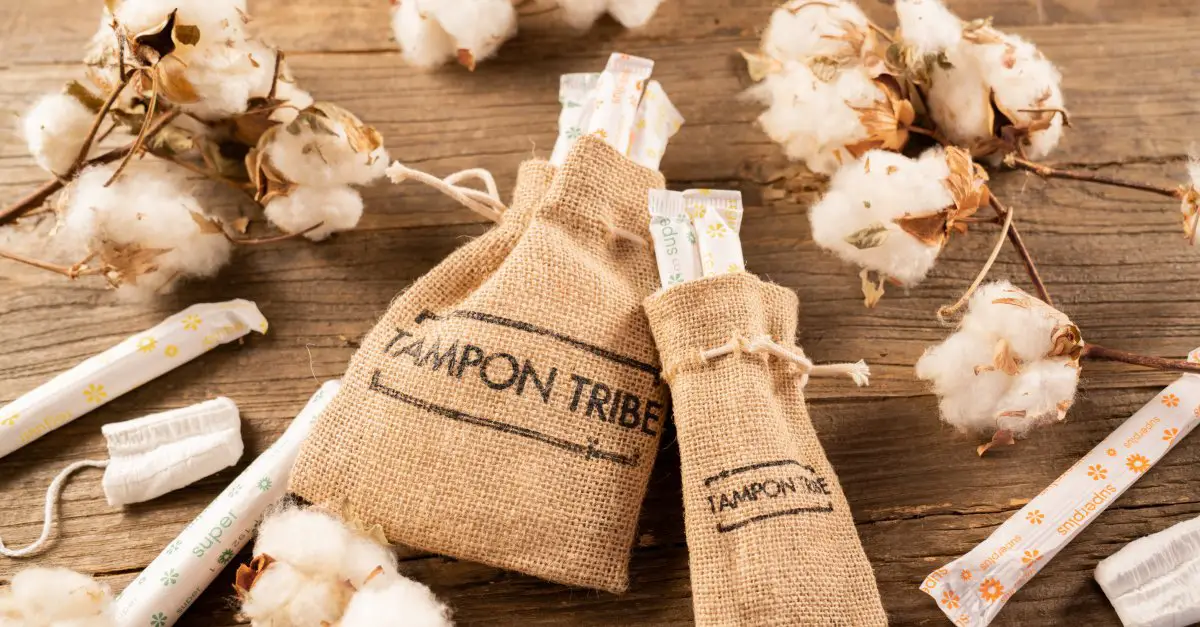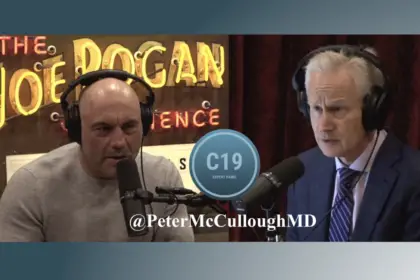Alright folks, it’s time to talk about the not-so-glamorous side of being a woman: periods. And specifically, the menstrual products we use to deal with Aunt Flo’s monthly visit. While we may complain about the cramps, bloating, and chocolate cravings… there’s something much more serious to consider.
Toxic Chemicals that Lurk Within Menstrual Products.
Yep, you heard that right. The brands that have been around since our Grandma’s period. We trusted them to keep us clean and comfortable during our periods, but in reality, they may be harming our health.
But hey, at least our pads and tampons come in fun colors, patterns, and delightful fragrances, right? Sorry to burst your bubble, but that cute floral design may just be a distraction from the fact that your pad is loaded with chemicals like dioxins, bleach, and synthetic fragrances. Who knew our period products would require a chemistry degree to decode?
As women, our periods are a natural and necessary part of life. We need safe products to protect us during a time when we really don’t want anymore to deal with than the issue itself.
Check out Tampon Tribe for menstrual products made with all organic materials, no plastic and no chemicals. They are also shipped with zero-waste materials from the USA.
Why Are Chemicals In My Menstrual Products A Big Deal?
Well, to start, these products are worn by women during a large portion of their lives. According to Helpingwomenperiod.org – From the time of her first cycle to menopause, the average American woman will have around 450 periods in her lifetime. That’s a lot of periods.
That’s also a lot of menstrual products, and if these products are laced with harmful chemicals… well, you may be starting to see the issue if you hadn’t already.
These products come in direct contact with reproductive organs including vulvar skin and vaginal mucosa. Considering the high absorption efficiency and permeability of vulvar skin and vaginal mucosa, contaminants present in feminine hygiene products can be easily absorbed into the circulation system
According to the EPA and the U.S. Food and Drug Administration, long-term exposure to dioxin levels above a certain threshold can impact reproductive health and lead to birth defects, among other issues.
Feminine hygiene products, a category of daily necessities, can be a source of exposure to plasticizers and antimicrobial agents in women. Nevertheless, studies on the occurrence of chemicals in feminine hygiene products have received little attention.
In a 2020 study, 24 endocrine-disrupting chemicals (EDCs) were measured in seven categories of feminine hygiene products (i.e., pads, panty liners, tampons, wipes, bactericidal creams and solutions, and deodorant sprays and powders).
Phthalates were frequently found in pads, panty liners, and tampons.
Dimethyl phthalate (DMP)
Diethyl phthalate (DEP)
Dibutyl phthalate (DBP)
Di-iso-butyl phthalate (DIBP)
Di(2-ethylhexyl) phthalate (DEHP)
Methyl paraben (MeP)
Ethyl paraben (EtP)
These were found in all pad, panty liner, and tampon samples
Phthalates, bisphenols, parabens, and triclocarban are chemicals that are widely used in a variety of industrial and consumer products as plasticizers and antimicrobials. Epidemiologic studies have linked exposure to phthalates, parabens, bisphenols, and TCC to effects on endocrine system and female reproductive disorders.
Elevated exposure to phthalates has been associated with precocious puberty, endometriosis, female genital tumors, and ovulation disorders. Parabens are estrogen agonists, and their exposure was linked to breast cancer.
Know The Risk Of Phthalates And How To Avert Them
Parabens are antimicrobials and are used as preservatives in feminine care products. TCC, an antibacterial agent, is used in feminine care products, including bar soaps, cleansing lotions, wipes, and feminine bactericidal creams and solutions.
In addition, pads, panty liners, and tampons are made from polypropylene (PP) and polyethylene (PE) materials, which can contain plasticizers such as phthalates, to increase the products’ flexibility.
Nevertheless, there are no standards or regulations with regard to the use of phthalates, parabens, bisphenols, and TCC in feminine hygiene products.
More than 90% of Menstrual Products Analyzed in Study Contained Phthalates
DMP, DEP, DBP, DIBP, and DEHP were the major phthalate’s found in 100% of pads, panty liners, tampons, and wipes. At an absorption rate of 100%, the contribution of feminine hygiene products to total phthalate exposure was 27.9%, in comparison to 29.4% from foods, 29.2% from Personal Care Products, and 13.5% from indoor dust
Use of these menstrual products in close contact with women’s reproductive system needs more consideration both from the FDA and public concern
So, if you were paying attention to the information above… it was stated that pretty much all corporate brands of all menstrual products contain these chemicals. So, unless you are already buying organic tampons or pads, chances are your products are not chemical-free.
A few of the Top Menstrual Product Brands:
Kotex
Tampax
Always
Playtex
O.B.
Equate
And Other Store Brands
Introducing: Tampon Tribe
This women-owned company is straight out of Southern California and makes tampons, pads, panty-liners, menstrual cups and period panties!
All of their one time use products are made with high quality cotton, which is grown to the best international certified organic standards. All orders ship using zero-waste materials, with no plastics, ever.
Check out Tampon Tribe Here!
This article contains affiliate links which will pay me a small commission for the contribution to their business! I trust their products and would recommend them regardless! Thanks! – Jade Hamilton
So there you have it, ladies. The not-so-pretty truth about our period products. But fear not, for there is hope! Companies like Tampon Tribe are changing the game with their all-organic products, free of toxic chemicals and full of good vibes.
So let’s ditch those chemical-laden pads and tampons, and join the tribe of women who want to feel good about what we put in our bodies during that time of the month. Who knows, maybe we’ll even start to look forward to our periods.
Okay, maybe not, but at least we can feel good knowing that we’re making a healthier choice. And in a world where we can’t control everything, that’s definitely something to smile about.
